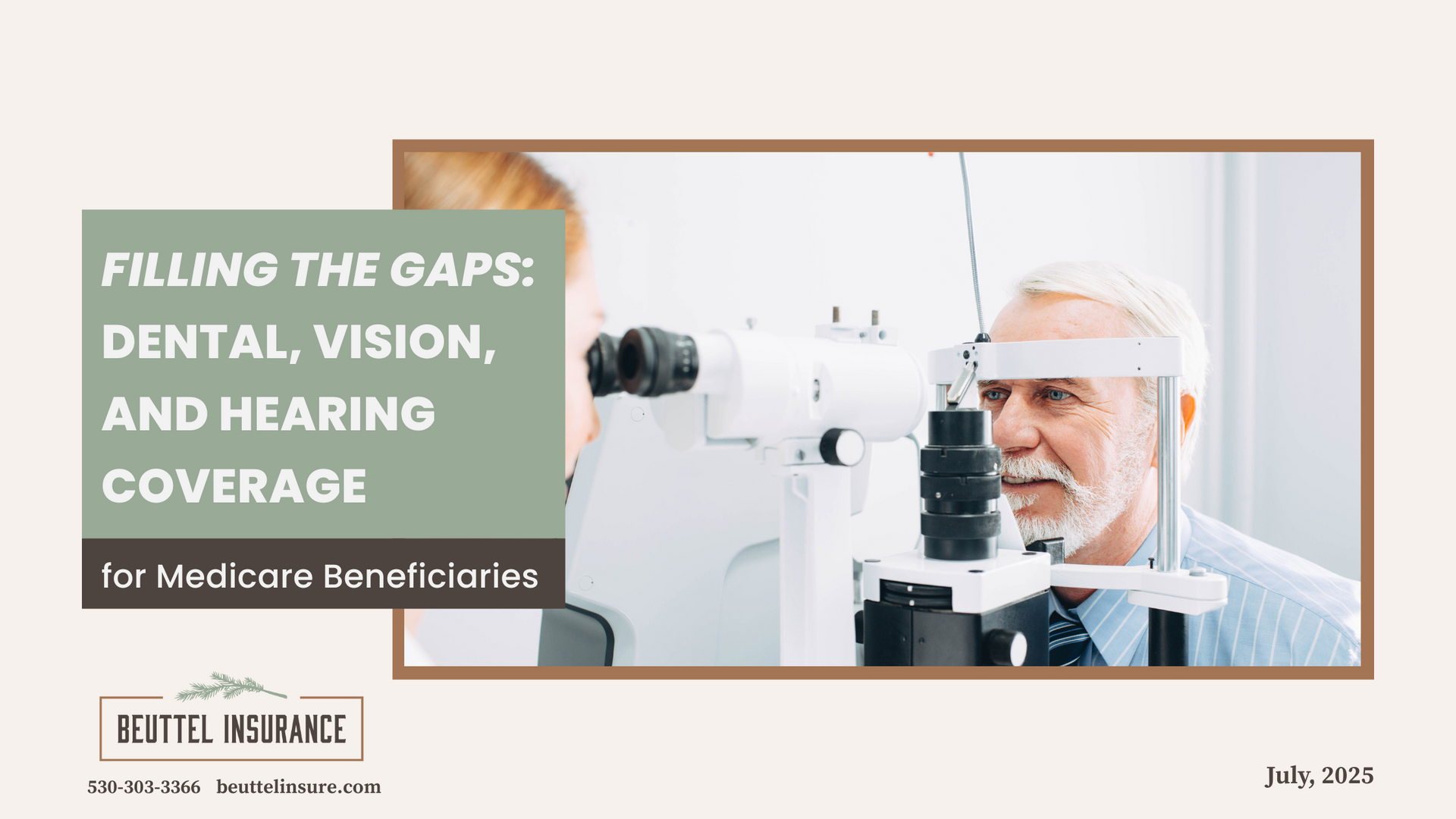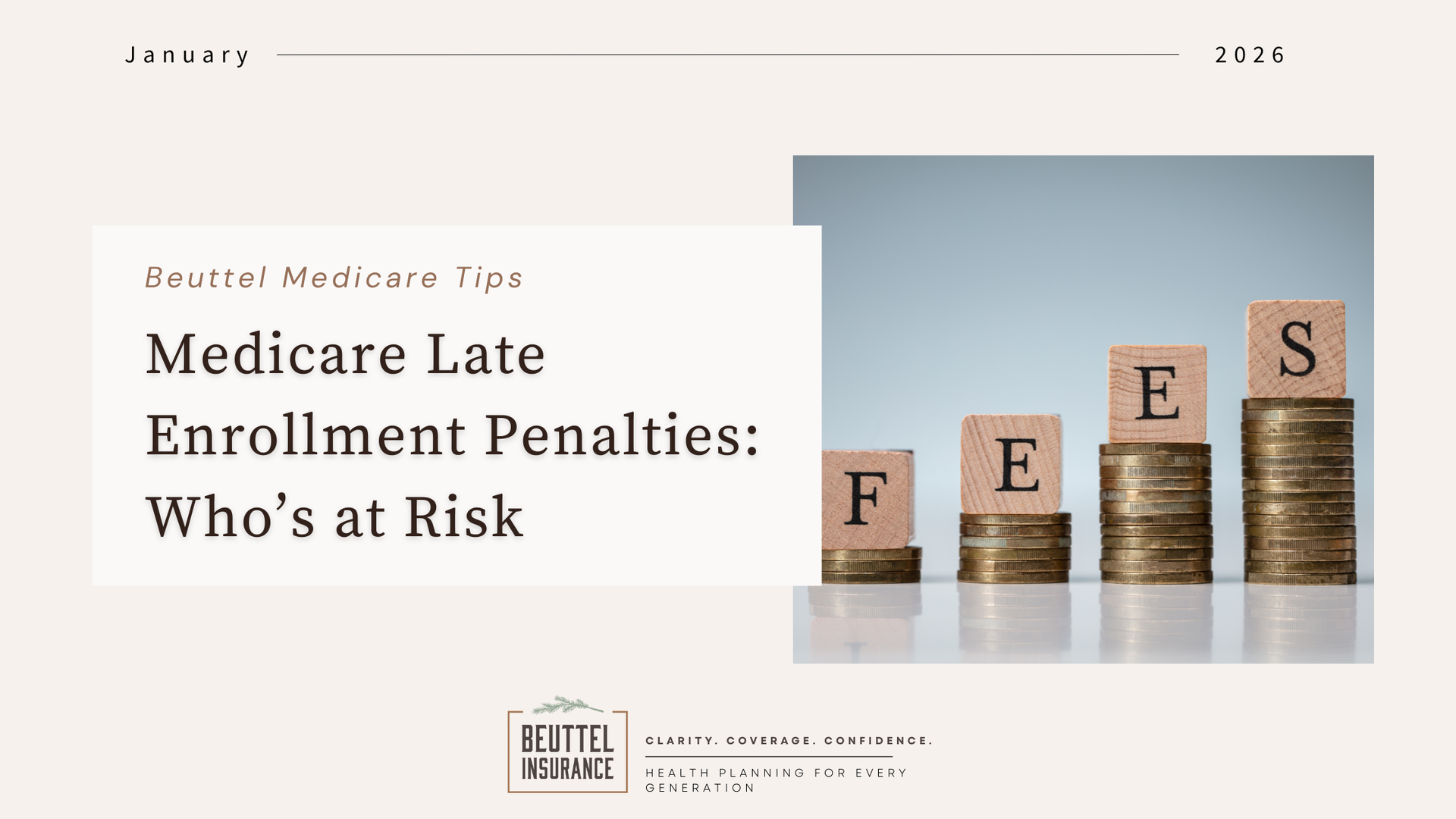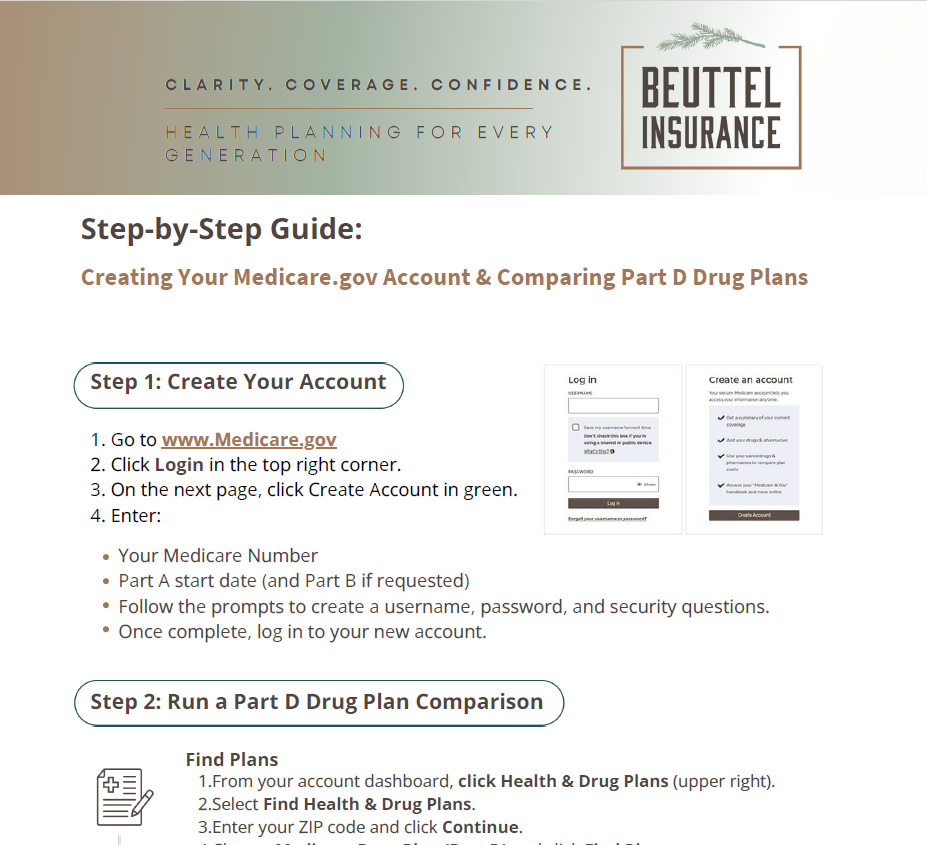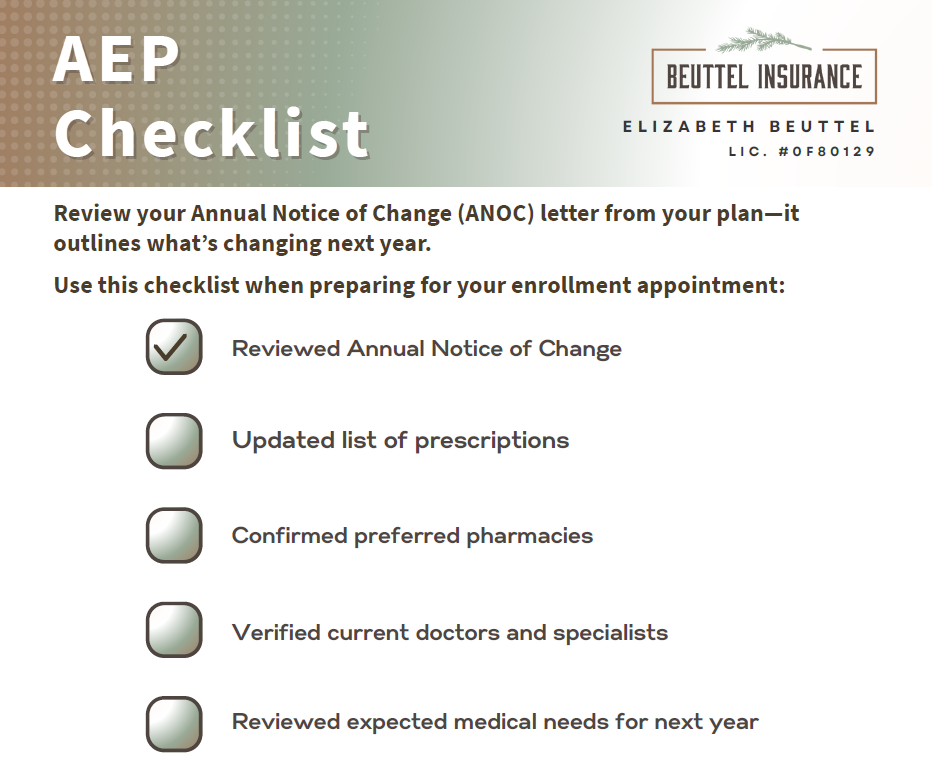Filling the Gaps: Dental, Vision, and Hearing Coverage for Medicare Beneficiaries


Hi there,
Enrollment into Medicare can feel a little overwhelming—and for many, it’s a surprise to learn that Medicare doesn’t cover routine dental, vision, or hearing care . That realization alone can turn what should be a simple process into a financial headache.
But we’re here to tell you—it doesn’t have to be that way.
The good news? You do have options. Whether through a Medicare Advantage plan or standalone coverage, there are several ways to make sure these essential health needs don’t fall through the cracks.
This part of your Medicare coverage doesn’t have to be expensive or complicated. In fact, we help our clients explore budget-friendly Medicare dental and vision plans , as well as hearing benefits, so they can feel confident knowing they’re protected in all areas of their health. Let’s walk through what’s covered, what’s not, and how you can confidently choose a plan that supports your complete well-being.
The Limits of Original Medicare
Original Medicare (Parts A and B) is designed to cover hospital stays, doctor visits, and medically necessary procedures. However, it does not include most routine care for your eyes, ears, or teeth.
Here are a few examples of what’s NOT covered under Original Medicare:
- Dental cleanings, fillings, dentures, and extractions
- Eye exams for glasses or contact lenses
- Hearing tests and hearing aids
There are a few exceptions—such as vision care after cataract surgery or dental work required before a major medical procedure—but generally, routine care in these areas is an out-of-pocket cost.
Medicare Advantage: A More Comprehensive Option
If you’re looking for broader coverage, a Medicare Advantage Plan (Part C) might be the solution. These plans are offered by private insurance companies and include everything Original Medicare covers—plus additional benefits.
Most Medicare Advantage plans offer:
- Dental care:
Exams, x-rays, cleanings, and sometimes more advanced services like dentures or crowns
- Vision care:
Annual eye exams and allowances for glasses or contact lenses
- Hearing care:
Screenings and partial or full coverage for hearing aids
These plans typically use provider networks, so it’s important to make sure your preferred dentists, eye doctors, or audiologists are included. Some benefits are included at no extra charge, while others might have copays or annual limits.
To enroll, you must already have Medicare Parts A and B and live in the plan’s service area. You can compare plans during the Annual Enrollment Period (Oct. 15–Dec. 7) or if you qualify for a Special Enrollment Period.
Other Coverage Options to Fill the Gaps
If Medicare Advantage isn’t the right fit or you prefer Original Medicare, there are still options to help with coverage:
1. Standalone Dental, Vision, and Hearing Insurance
These plans are offered by private insurers and provide targeted coverage with a network of providers.
2. Discount Plans
These aren’t insurance plans, but they offer reduced rates on services for a monthly or annual fee—ideal for occasional care.
3. Community & Federally Funded Clinics
Some Federally Qualified Health Centers (FQHCs) and local health departments provide services on a sliding fee scale.
4. Veterans Benefits
If you’re a veteran, you may qualify for dental, vision, or hearing care through the VA, depending on your eligibility.
Don’t Overlook These Vital Services
It might be tempting to delay a dental cleaning or skip an eye exam if it’s not covered—but these services play a critical role in your long-term well-being. In fact, neglecting routine care can lead to more serious health issues:
- Gum disease has been linked to heart disease
- Untreated vision issues can increase fall risk
- Hearing loss has been associated with cognitive decline
Deciding on dental, vision, and hearing coverage is an important part of protecting your overall health. The right plan can help you stay on top of preventive care—and avoid unexpected out-of-pocket costs for services that could be covered with the appropriate insurance in place.
My Final Thoughts …
If you’re on Medicare, dental, vision, and hearing benefits aren’t automatic—but they are available. With the right plan in place, you can protect your total health and avoid surprise expenses.
Need help reviewing your options? Contact our office at (530) 303-3366 or feel free to schedule a visit with us to get your dental vision and hearing plan started.
Whether you’re new to Medicare or looking to update your plan, we’re happy to walk through it with you—step by step.

The post Filling the Gaps: Dental, Vision, and Hearing Coverage for Medicare Beneficiaries appeared first on Beuttel Insurance.









